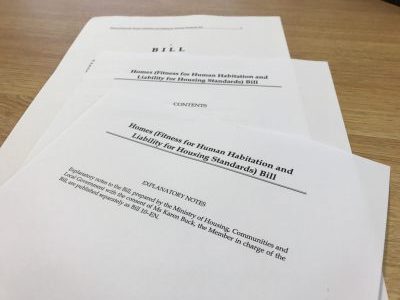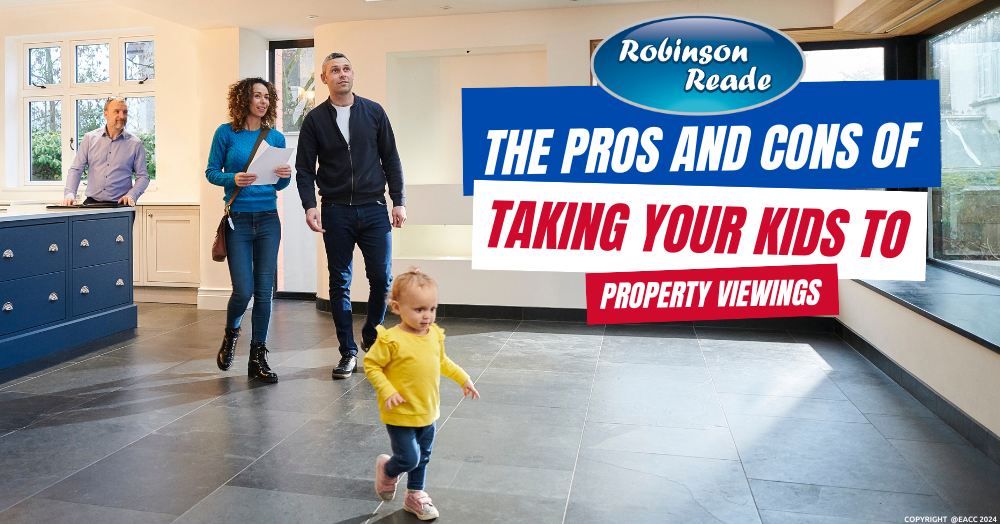This month sees the Homes (Fitness for Human Habitation) Bill being considered at report stage in the House of Commons. Karen Buck’s private members bill has been given new life...
This month sees the Homes (Fitness for Human Habitation) Bill being considered at report stage in the House of Commons. Karen Buck’s private members bill has been given new life following the Grenfell Tower tragedy and seeks to ensure that all rental accommodation (both social and private) is provided and maintained in a state of fitness for human habitation.
It seems incredible that the existing legislation doesn’t already provide for this.
The Landlord and Tenant Act 1985 does, in fact, have a clause in it stating that homes should be fit for human habitation but, as it includes completely out of date rent limits, it is effectively defunct in this age of high rents. So, tenant’s must rely on the clauses in the Act that make landlords responsible to keep in repair the structure and exterior of the dwelling house and keep in repair and proper working order the installations in the dwelling house for the supply of water, gas, electricity, sanitation, space heating, and heating water.
The Housing Act 2004 introduced the Housing Health and Safety Rating System (HHSRS) and this replaced the part of the 1985 Act dedicated to the fitness standard and enforcement. Local Authorities now have a system to assess whether rented homes in their area are fit to live in. The HHSRS details specific hazards and it is the local authority’s responsibility to check rented properties against these hazards. Depending on the severity of the hazard that has been identified, the Local Authority has many different enforcement powers from issuing improvements notice to demolition orders.
The current legislation is widely thought to be inadequate. The only redress at present is via the local authority which means that social tenants effectively have no redress since a local authority is not able to take an action against themselves and private tenants have to rely solely on local authorities that are more often than not understaffed and under-funded.
So, the Homes (Fitness For Human Habitation) Bill has a lot of support in parliament and it is hoped that it’s enactment will help in the fight to improve the condition of rented properties.
The Homes (Fitness for Human Habitation) Bill:-
- reintroduces the ‘fit for human habitation’ clause without those out of date rent levels
- includes updated hazards to assess whether a property is fit
- provides all tenants (including social tenants) the opportunity to take action where they are renting a property in a poor condition and the landlord is note maintaining the property
- gives the tenants the right to take legal action where a property is not fit (this is not an option currently available)
It is widely hoped that the bill will raise standards generally in the rental market and has the support of all parties in parliament and several tenant groups (including Shelter).
It’s important to note that this bill won’t actually affect the majority of landlords. It doesn’t really add too much to what a landlord should already be doing but it does give all tenants the right to pursue a landlord who does not fulfil their obligations.
I hope that you found this interesting. If you have anything lettings related that you’d like to discuss, please give me a call on 01489 579009 or email me at emma@robinsonreade.co.uk. I’d love to get to know you….
Emma Macgregor MARLA
Lettings Manager
PS: If you are looking for a ‘smart let’ (www.robinsonreade.co.uk/quick-let-or-smart-let/) call us today on 01489 579009 or email us at lettings@robinsonreade.co.uk for honest, expert and friendly advice.




 by
by  by
by 

Share this with
Email
Facebook
Messenger
Twitter
Pinterest
LinkedIn
Copy this link